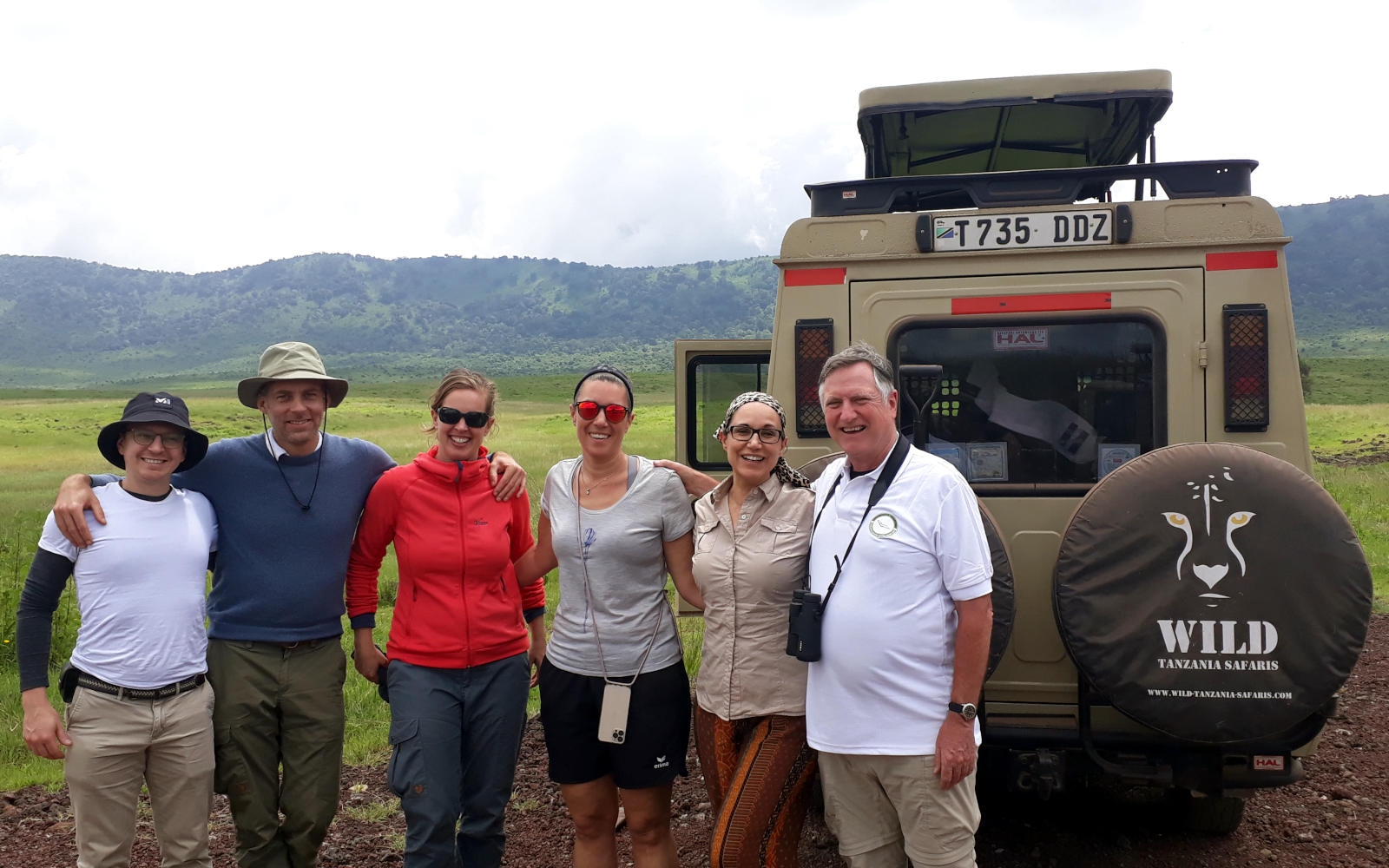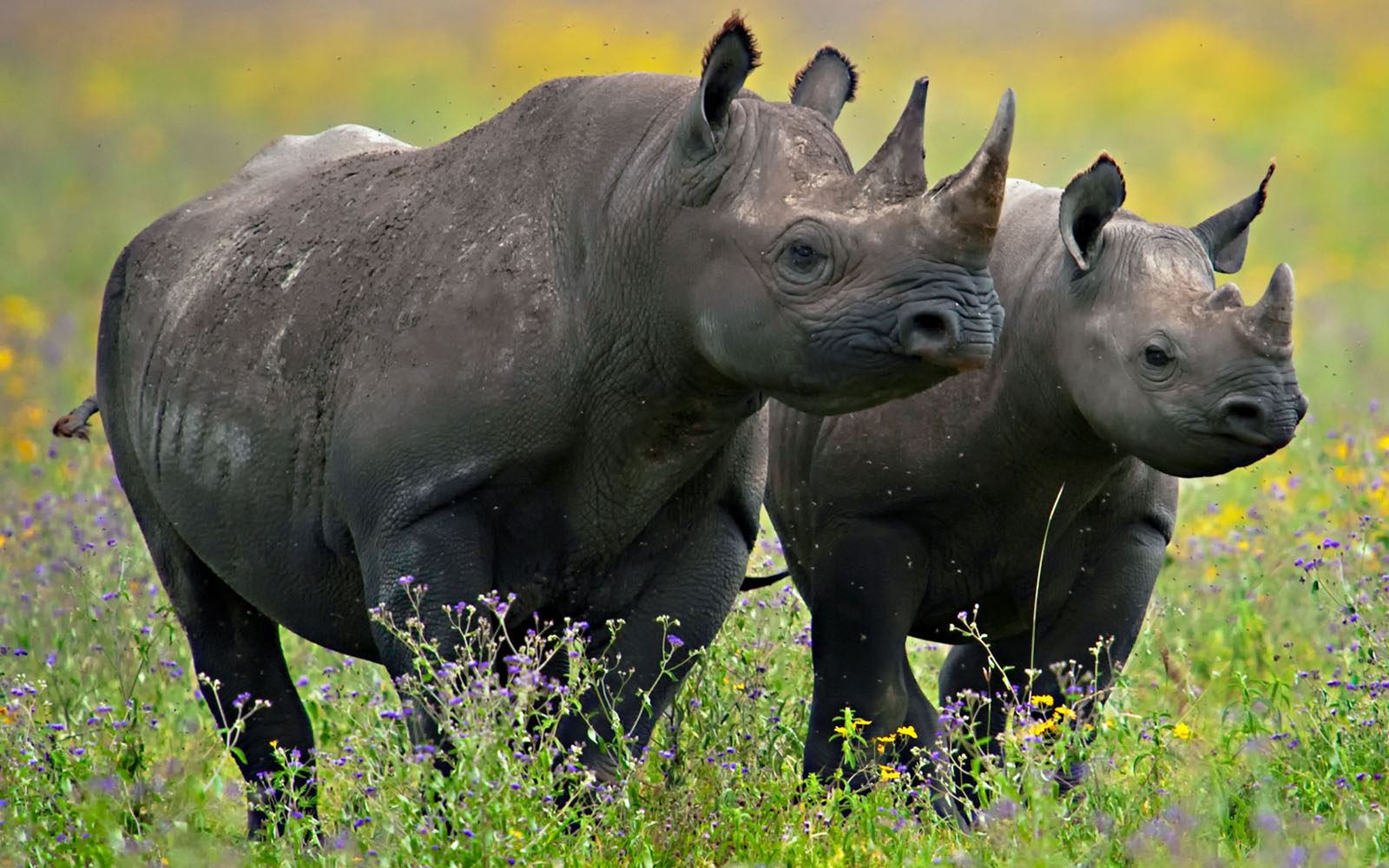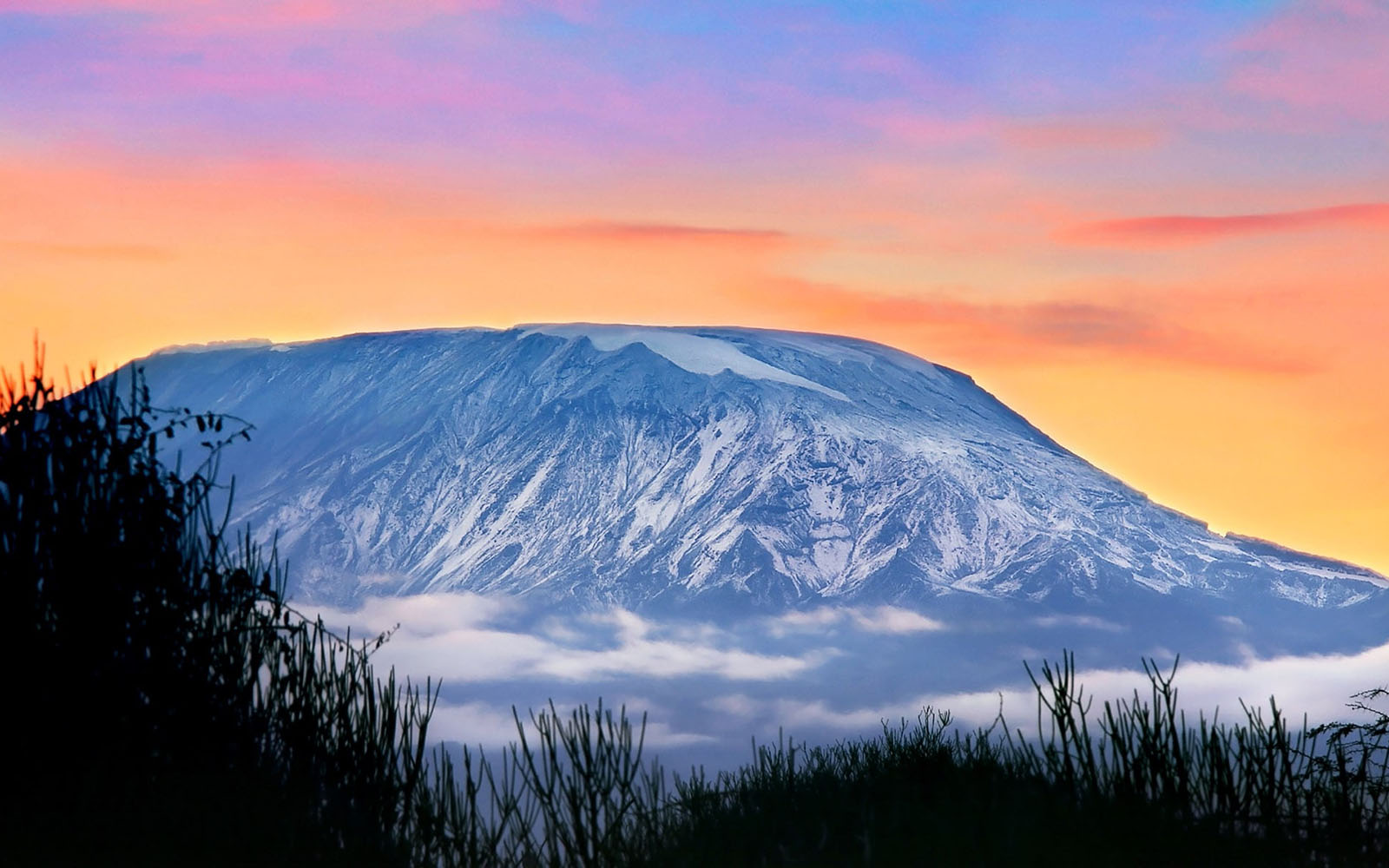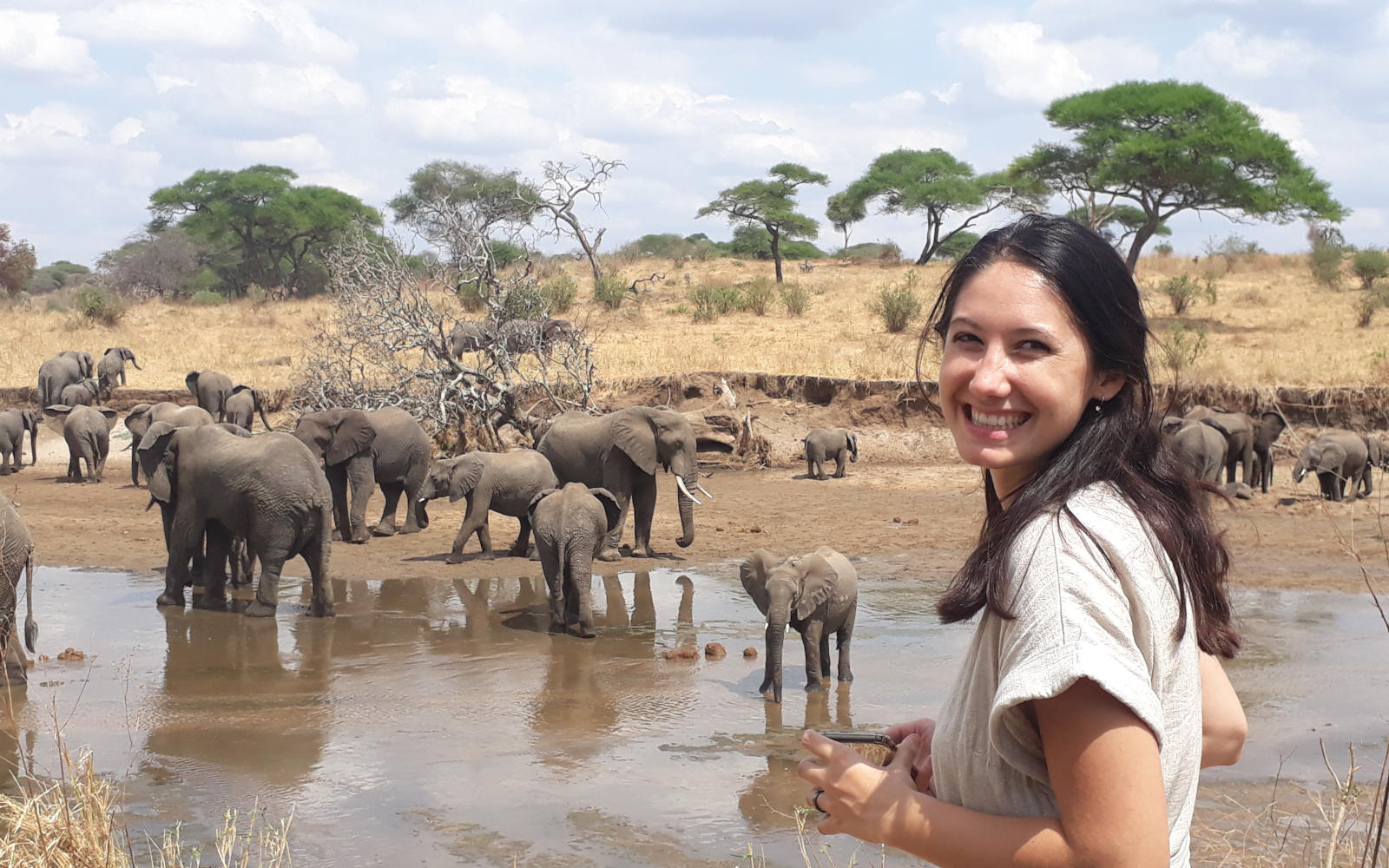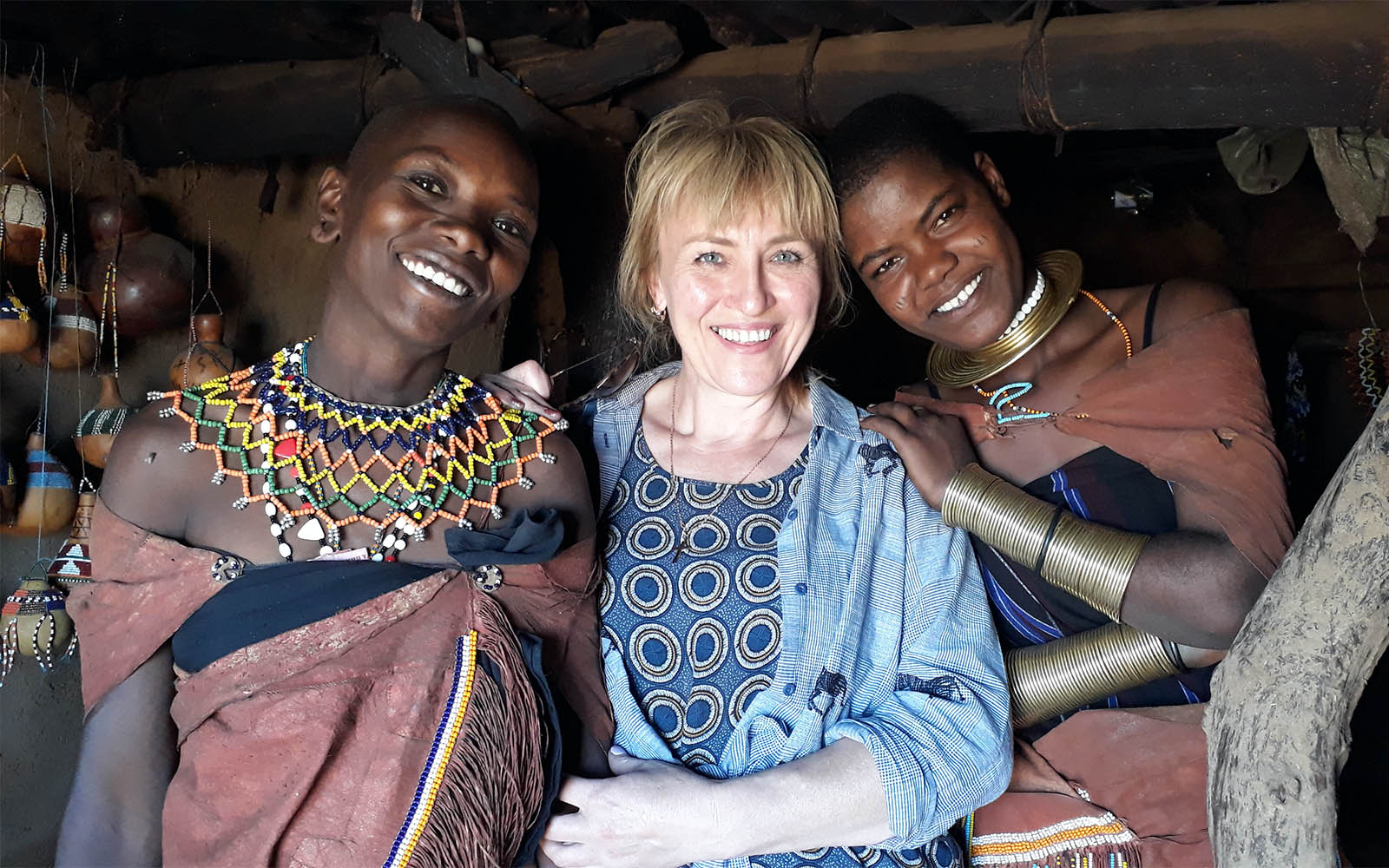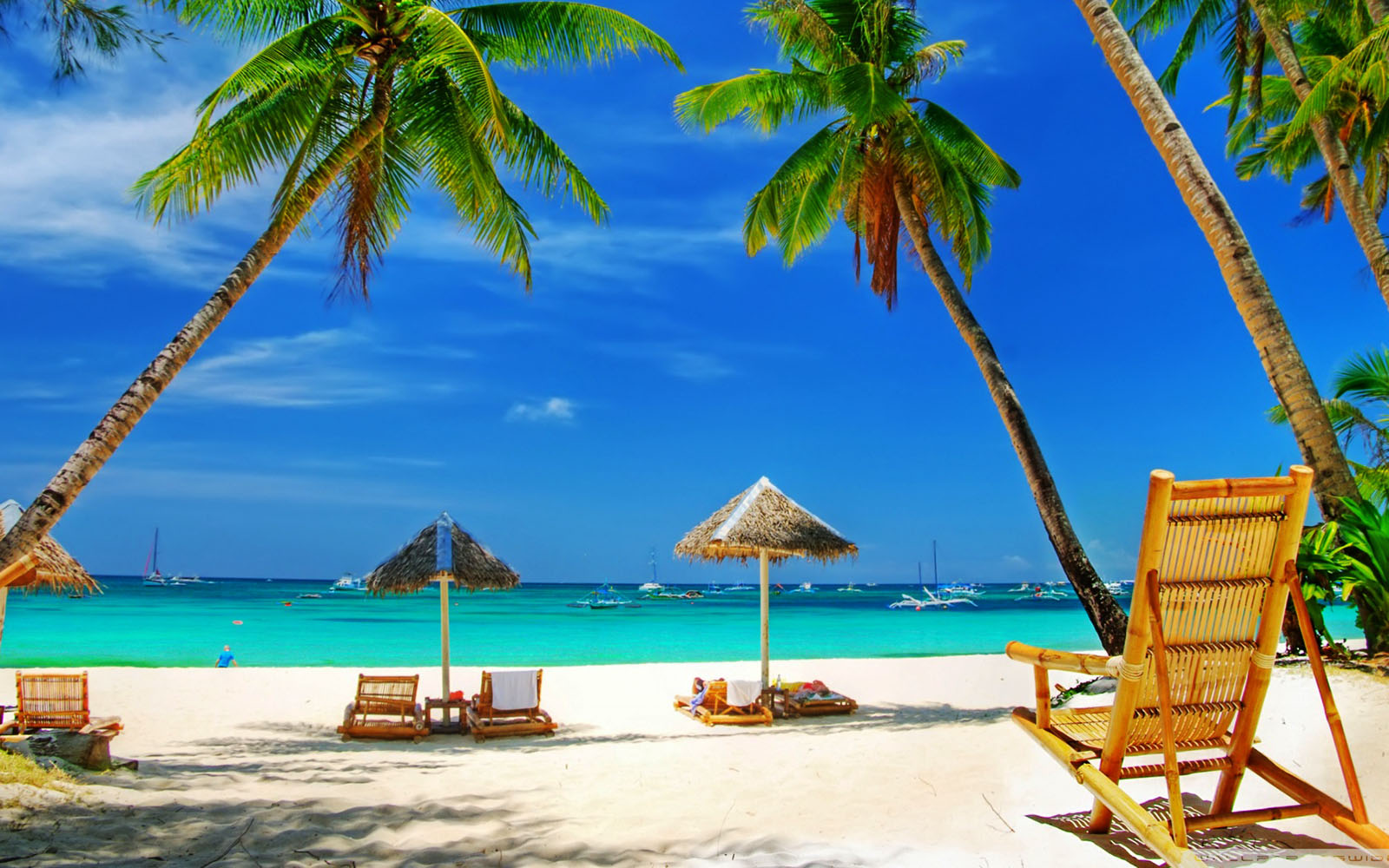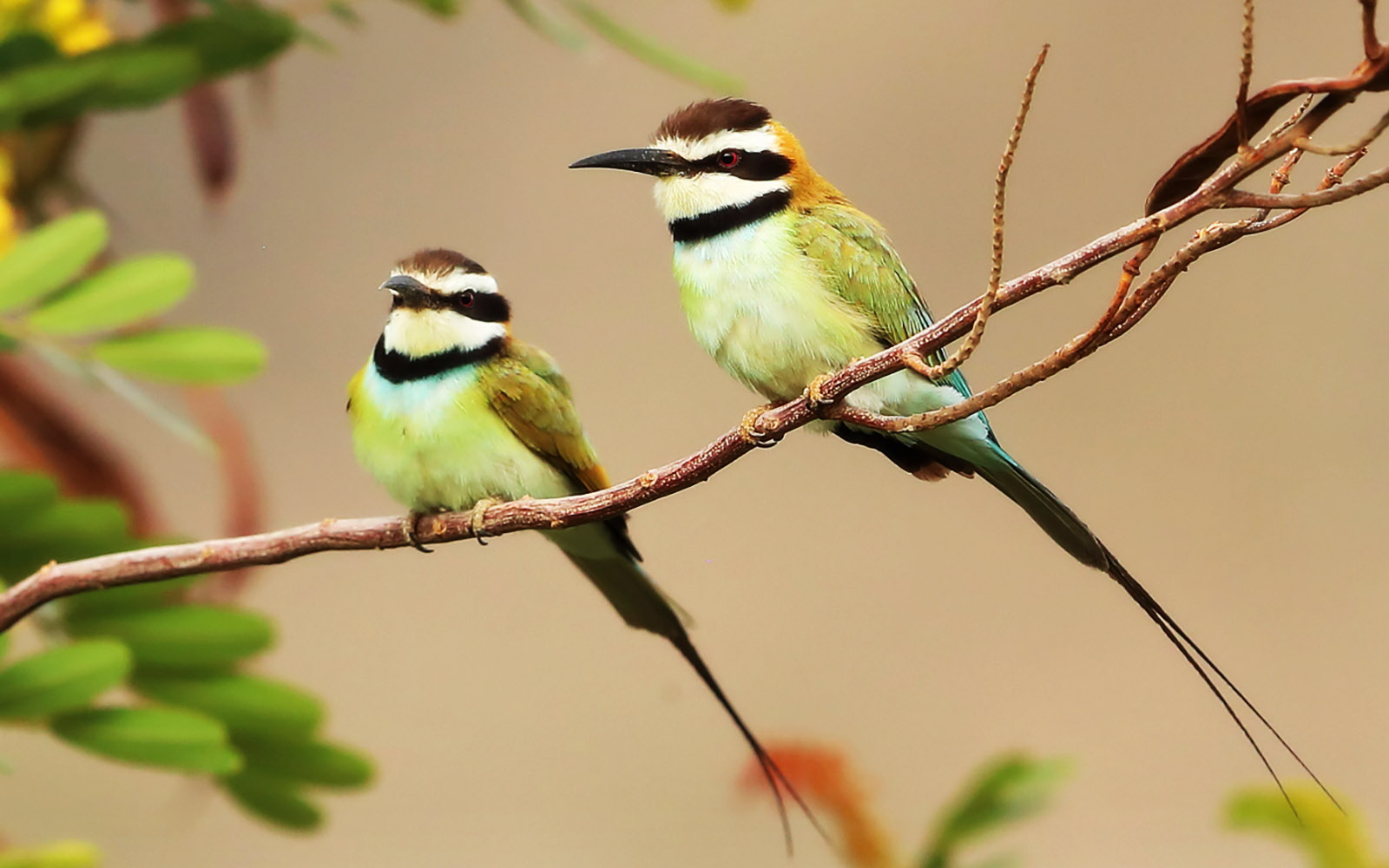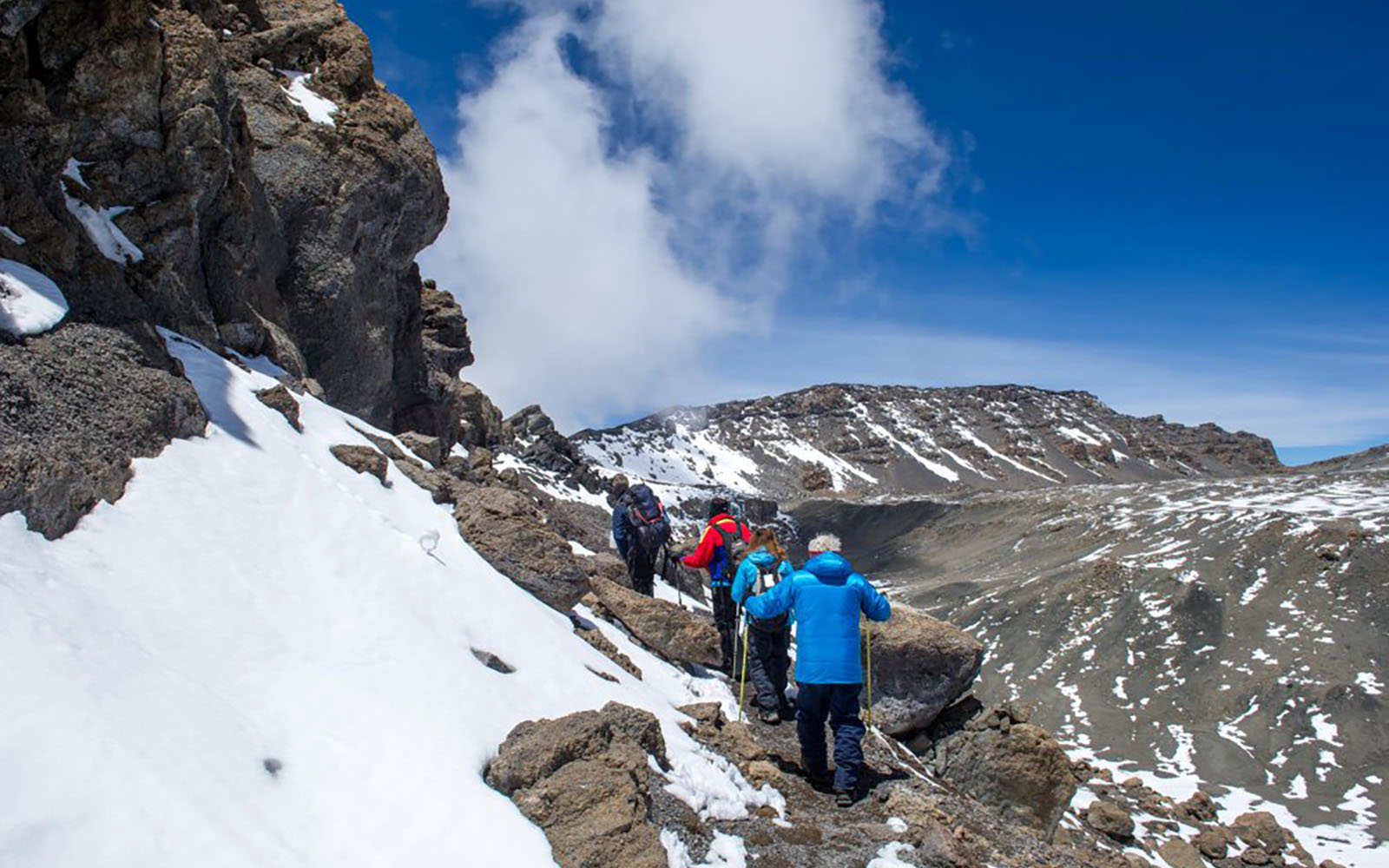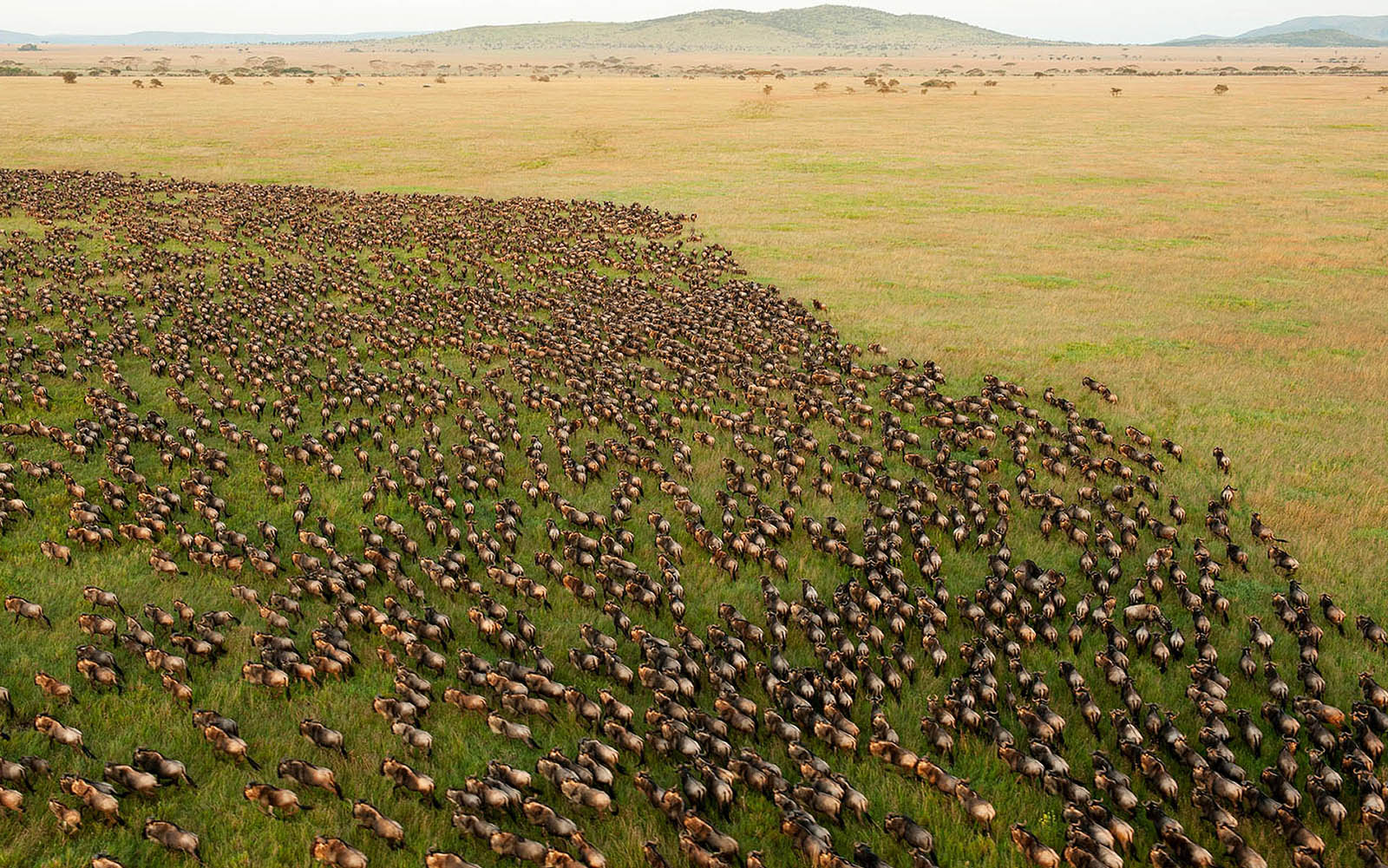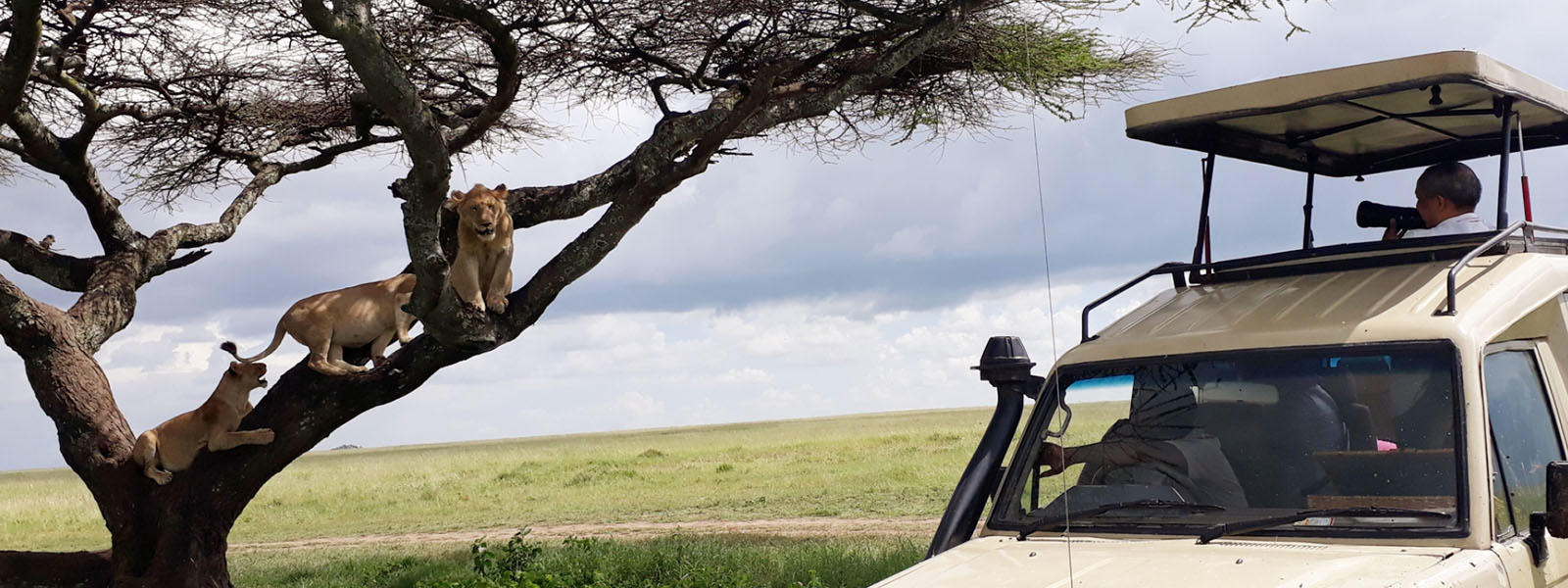
Frequently Asked Questions
WHAT TO PACK FOR SAFARI
On safari, it can sometimes be dusty. You need casual clothes to move around and relax, and don’t mind getting dirty sometimes.
This is what you can pack:
Luggage: we recommend soft – sided duffel bags and a soft-sided day pack.
Clothing: short – and long – sleeve shirts, singlet, or t-shirts. Shorts and trousers (khakis can be good). You need a fleece or insulated jackets for cool nights, waterproof windbreaker or poncho. You also need a bathing suit for lodges/camps with pools and sleepwear.
Footwear: You need running, walking, or light hiking boots and a second pair of shoes and sandals. Shower flip – flops or Teva – type sandals can be good.
Essentials: Travel documents such as passport and airline tickets. You will get your visa on arrival at the airport in Tanzania. You need cash and credit card for emergencies. You also need a flashlight or headlamp with extra batteries. Don’t forget sunglasses, sunscreen, lip balm, mosquito repellent containing DEET, citronella – based repellent for tsetse flies, anti-itch cream, bandanas, hand sanitizers, wipes, bath kit, and anything of a personal nature.
On Safari: You need a camera, binoculars and mobile phones.
HEALTH, SAFETY, FOOD, CLIMATE & WILDLIFE
Are safaris in Tanzania safe?
Yes, safaris in Tanzania are very safe.
Is it okay to drink water directly from the tap?
No. We advise not to drink water directly from the tap. Drink bottled water.
Are there a lot of bugs in Tanzania?
No. But you may encounter very few mosquitoes and small insects in some areas. Your insect repellent will work very well. No mosquitoes during the day. And at night all camps/lodges have mosquito nets.
What shots should I get?
For medical advice, it is always best recommended to consult your doctor. Most people get anti-malaria pills.
What is the food like?
The food is good. Chefs prepare fresh soups, bread, main course, and desserts every day. In most lodges, meals are served buffet-style; and they are delicious. Special diets can also be prepared but with advanced notice. (Vegetarian, vegan, gluten-free, diabetic-friendly meals, etc).
How is the weather in Tanzania?
Tanzania’s climate is typically sunny, dry, and warm. December through March is warmer (70 Fahrenheit or 21.1 Degree Celsius). May through November is cooler and drier (60 Fahrenheit or 15 to 18 Degree Celsius). In November and December, there are short rains but the weather is still very good. In March, April and May are long rains season.
Where is the best place to go for wildlife viewing in Africa?
Of course, northern Tanzania is the best. Ngorongoro Crater is the World Heritage Site and it has one of the greatest concentrations of wildlife in Africa. The huge and ‘’endless’’ plains of the Serengeti National Park host millions of animals and the legendary Great Migration all year round. Tarangire National Park is one of the greatest places to see thousands of elephants in Africa. Mount Kilimanjaro, the tallest mountain in Africa is really amazing. Mount Meru in Arusha national park is really cool. Lake Manyara national park and Lake Natron along the Great Rift Valley are very beautiful places and rich with wildlife. The remotest Empakai, Olmoti, and Shimo La Mungu Craters are amazing. While the Longido Game Controlled Area is unique for its abundance of wildlife and has rare species of antelopes that you can’t see in other regions in Africa.
What kind of animals will I see on safari in Tanzania?
No doubt, Tanzania is the heaven for wildlife. You will see all kinds of African animals you have been dreaming about. You will see elephants, crocodiles, lions, leopards, cheetahs, giraffes, wildebeests, zebras, gazelles, hippos, hyenas, rhinos, jackals, foxes, buffalos, warthogs, many species of birds, and so much more… to mention just a few…
What is the best time to go on safari in Tanzania?
June, July, August, September, October, November, December, January, February, and March. Any time of the year there are always animals in Tanzania. Anytime you get in touch with us, we can adjust our itineraries depending on wildlife migration patterns.
What is the Great Migration?
It is a year-round natural phenomenon where millions of animals migrate to the Serengeti National Park, mainly wildebeests, gazelles, and zebras. They migrate clockwise in search of greener pastures and water. Wild Tanzania Safaris normally follows the Great Migration and knows where they are.
What are other additional costs that can happen during the safari?
You will need cash to pay tips for your safari guides and camp/lodge staff who served you. Also to pay for visa fees on arrival, buying souvenirs, and other things of a personal nature. Visa or Master cards are accepted in many areas. But to have some cash is very important.
ZANZIBAR RETREAT
You may extend your safari for relaxation on the white sand beaches of Zanzibar, an island chain off the coast. Sunbathing for days and spend a nice day among the bustling markets of Stone Town – the capital city of Zanzibar. You can visit historical sites from the centuries-old slave and spice trades.
Enjoy ocean views of the relaxed Indian Ocean, spice-scented air, and blissful bungalows of Matemwe Lodge. This place is the ultimate tropical maritime paradise.
The recommended stay is 3 to 6 days. Price: From $ 1455 to 2347 per person per day.
FOR OUR FREE CATALOGUE SAFARIS
All of our safaris are designed to be unique and personalized experiences; we can handle any special request and offer a wide range of safari options to fit your budget.
Please get in touch with us now for your customized safari.
